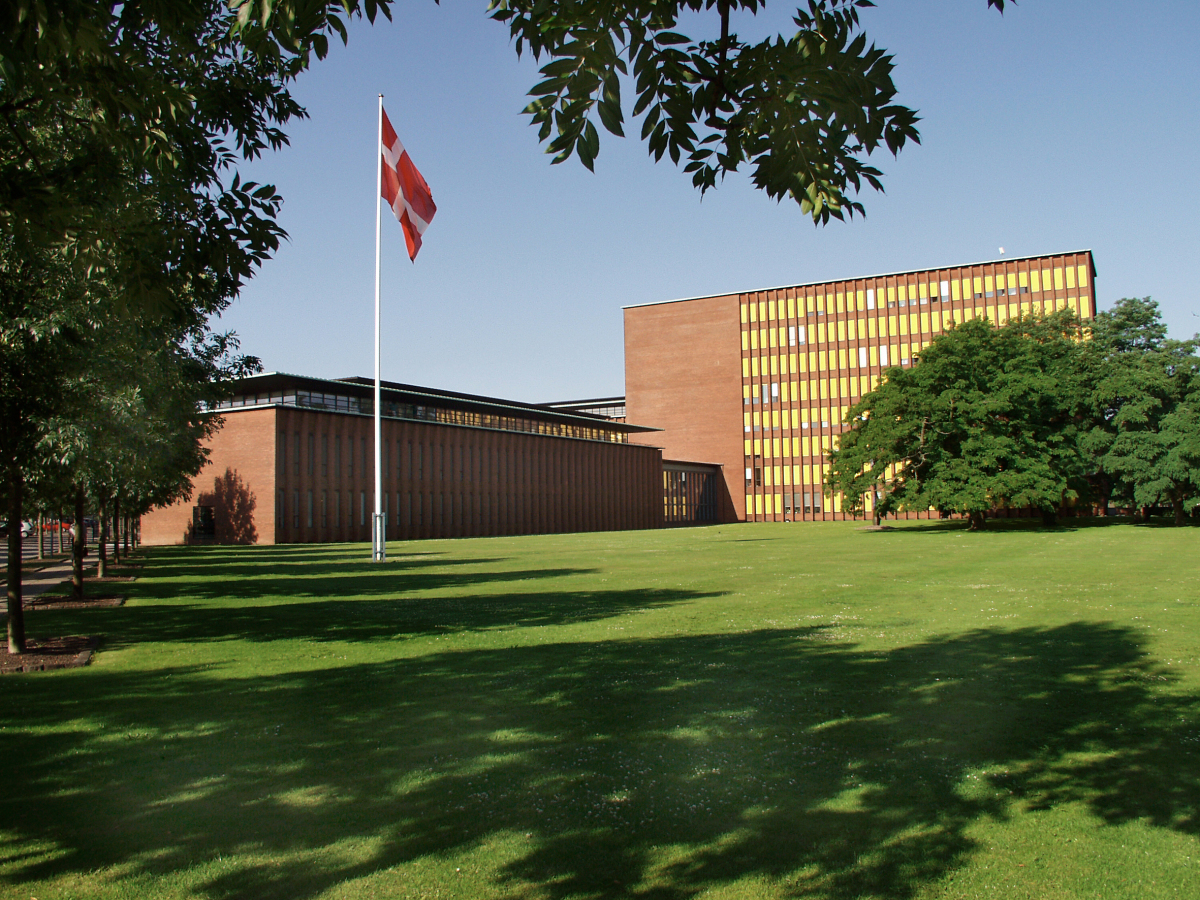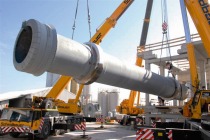FLSmidth to supply rotary kiln, rotary dryer and other equipment and services to a ferronickel mine in Brazil
12.04.2022FLSmidth has been chosen as the supplier of the rotary kiln and rotary dryer for the Araguaia Niquel Metais Ltda ferronickel mine in the state of Pará in the Northern region of Brazil. The order was booked in Q1 2022 and is valued at approximately DKK 285 million (ca. 38,3 Mio. €).
 FLSmidth headquarters in Denmark
FLSmidth headquarters in Denmark
© FLSmidth
Alongside the pyroprocessing systems, which include the rotary kiln, rotary dryer and pneumatic transport equipment, FLSmidth will supply the full electrical solution for the site and the laboratory equipment. Complete installation advisory and commissioning services will also be provided.
“We are very happy to receive this order – the first pyroprocessing order from Araguaia Niquel Metais Ltda. FLSmidth was chosen due to our ability to supply complete solutions for nickel laterite ore rotary drying and ore rotary calcination/pre-reduction, which come with comprehensive performance guarantees. We also have a proven track record of supplying drying and calcination solutions to the largest ferronickel production plants in the world. We look forward to making this project a success,” comments Mikko Keto, Group CEO and Mining President at FLSmidth.
“FLSmidth has significant experience in large-scale processing of nickel laterite ore. The customer will benefit from the design of the process equipment that will ensure production targets are met. The design also has a number of features that improve the efficiency of the processes, lowering fuel consumption and costs, which support the FLSmidth MissionZero sustainability ambition,” adds Mike Prokesch, Director of Pyromet Technology at FLSmidth.
The project will boost the supply of nickel to meet the growing demand from the electric vehicle and EV battery market. Nickel is critical to the world’s efforts to transition to a low-carbon future. FLSmidth has already worked with Araguaia Niquel Metais Ltda to identify a pathway to further reduce carbon emissions in the future, when other technologies become feasible to implement.

